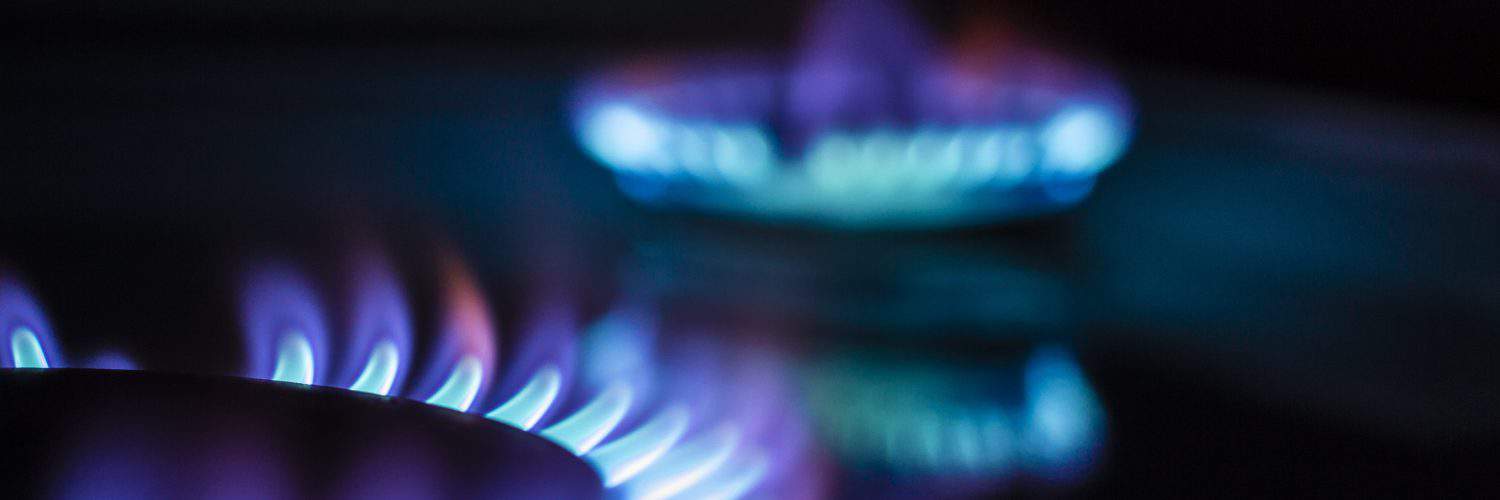Henry Hub prompt month futures are holding below US$7/MMBtu, down US$0.378/MMBtu from a week earlier on reports of increased production and the likelihood the US railroad workers’ strike will be averted again. US President Biden has called on Congress to block the railroad strike that could put the US economy at risk. A rail strike would impact coal supplies to US power plants, directly leading to increased natural gas demand. US dry gas production continues to strengthen, averaging 100.56 Bcf/d in November, up 220 MMcf/d from the previous month and averaging 97.75 Bcf/d year-to-date, more than 4 Bcf/d above 2021. A surge in natural gas rig activity, combined with the continued surge in oil rig activity has allowed US natural gas production to surpass 100 Bcf/d for winter 2022-2023, a value which should prevent prices from achieving highs experienced this past summer. The potential for natural gas price spikes this winter remains, with colder weather forecasted and increasing LNG exports once Freeport resumes operation.
The EIA estimated working gas storage was 3,483 Bcf for the week ending November 25th, following an overall withdrawal of 81 Bcf. The larger-than-normal pull was in line with market expectations averaging 82 Bcf, and well above the five-year average withdrawal of 48 Bcf. Storage levels are now 2.5% below year-ago levels and, relative to the five-year average, 2.4% less.
In Canada, the November AECO 5a spot rate settled at C$5.66/GJ, while the November Dawn Next Day weighted average index rate settled at C$6.50/GJ. Compared to October, November spot prices decreased 0.9% at Dawn, whereas prices increase 80% at AECO – an expected climb due to completed maintenance activities. Point Logic reports Canadian natural gas storage for the week ending November 25th was sitting at 622 Bcf, after an overall withdrawal of 13 Bcf. Eastern Canadian storage had a withdrawal of 7 Bcf, while Western Canadian storage had a withdrawal of 6 Bcf. Storage levels are now 9% below the 5-year average and 5% below storage levels last year at this time. Canadian storage is 71% full, with Eastern storage levels now at 91% of capacity and Western storage significantly lower at 64%. A net withdrawal of 0 Bcf is expected for the week ending tomorrow – a good sign of strong Canadian production.
In other news, TC Energy’s NOVA Gas Transmission Ltd (NGTL) pipeline system in Alberta received approval for expansion from the Canadian government on Wednesday. The approval contains conditions related to environmental protections and the involvement of Indigenous people through employment and training. The West Path Delivery 2023 (WP2023) project will add ~40 km of new natural gas pipeline to the existing 25,000-km NGTL pipeline. Construction is scheduled to begin in the first quarter of 2023, with a planned in-service date of November 1, 2023. The expansion will provide additional natural gas pipeline capacity for western Canadian natural gas across Canada and to US markets. Canadian gas production has risen to record levels of nearly 18 Bcf/d, but pipeline constraints have disrupted flows to storage, with gas being stranded in British Columbia and Alberta, resulting in temporary volatile and suppressed prices as seen in August and October 2022 when AECO 5a averaged $2.69/GJ and $3.13/GJ, respectively.
– Karyn Morrison, Energy Advisor / Grace Wilton, Senior Energy Advisor








Add comment